India-Canada energy cooperation
Canada has been one of the biggest success stories in oil over the past few years. India should consider financial investments in Canadian energy assets as a means to secure its energy supplies.
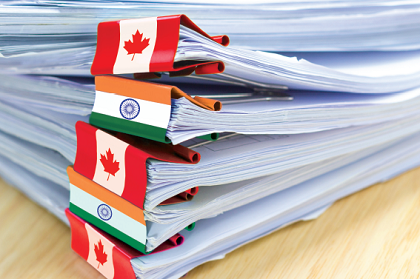 Courtesy: Gateway House & CIGI
Courtesy: Gateway House & CIGI
Canada has been one of the biggest success stories in oil over the past few years. India should consider financial investments in Canadian energy assets as a means to secure its energy supplies.
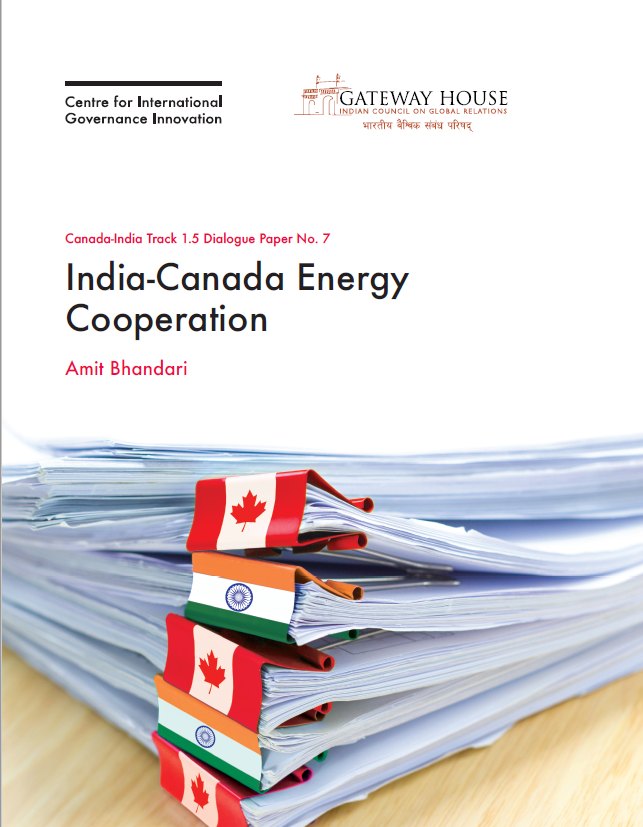 Courtesy: Gateway House & CIGI
Courtesy: Gateway House & CIGI
Canada has been one of the biggest success stories in oil over the past few years. India should consider financial investments in Canadian energy assets as a means to secure its energy supplies. This paper studies the feasibility and prospects for Indian investment in Canada's petroleum sector.
 Courtesy: Gateway House
Courtesy: Gateway House
In this webcast, we discuss the transport energy options for India. The government of India intends to pursue Electric Vehicles with aggression, both to help India meet its Climate Change commitments, as also to reduce its dependence on fossil fuels in the post corona era. But is it what India needs? Are the necessary raw materials for batteries accessible in both the near and short term? Can India readily abandon oil, now cheap and from a region which gives jobs to our expatriate population?
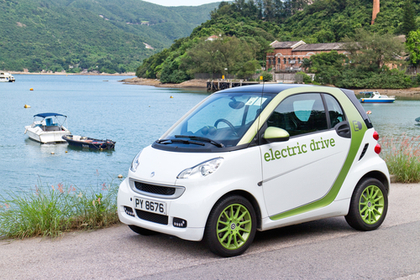 Courtesy: Shutterstock
Courtesy: Shutterstock
China’s clean-up of its cities and its success in improving urban air quality hold important lessons for India. But the outbreak of the corona virus and reports that news about it was initially suppressed tell a different story. While physical infrastructure is important, equally vital are a free media and an open society, where people are not afraid to speak
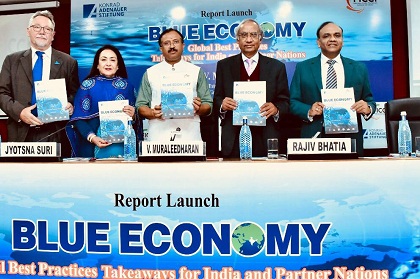 Courtesy: FICCI
Courtesy: FICCI
This is a transcript of a speech delivered by Ambassador Rajiv Bhatia, Chair, Federation of Indian Chambers of Commerce and Industry (FICCI) Core Group of Experts and Taskforce, at the launch of a study on the Blue Economy
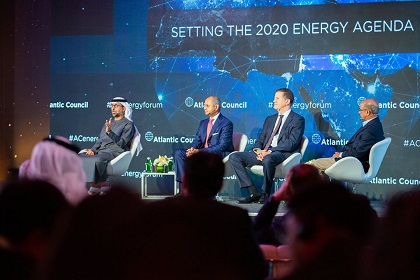 Courtesy: Atlantic Council
Courtesy: Atlantic Council
The Atlantic Council Global Energy Forum, held in Abu Dhabi on 10-12 January 2020, had the top businesses and analysts of the global energy industry. It was also part of a larger event, the annual Abu Dhabi Sustainability Week, which aims to be a global platform for sustainability in various industries
Olaf Weber, Senior Fellow, Centre for International Governance Innovation (CIGI), University of Waterloo Research Chair in Sustainable Finance, one of the participants in the India-Canada Track 1.5 Dialogue, on how green finance and economic development are not contradictory any more
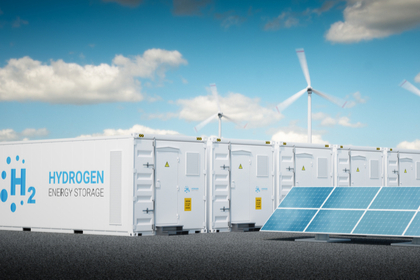 Courtesy: Shutterstock
Courtesy: Shutterstock
Decarbonising the transportation sector is an environmental priority globally, and hydrogen, the cleanest and most plentiful of fuels, is central to achieving this goal. If hydrogen mobility is actively pursued, India’s large reserves of gas hydrates and shale gas can be tapped for commercial use. Such a shift in choice of fuel will also ensure India’s energy security
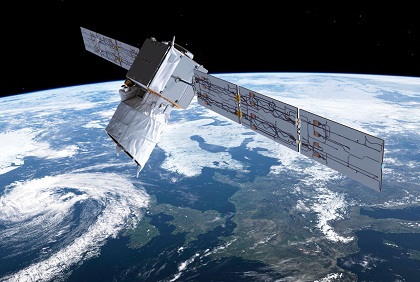 Courtesy: IEEE Spectrum
Courtesy: IEEE Spectrum
The Basic Exchange and Cooperation Agreement for Geospatial Cooperation (BECA), the last of the India-U.S. foundational agreements, will enable India to avail of U.S. expertise on geospatial intelligence and to sharpen the accuracy of weapons and automated hardware systems used for military purposes. But the over-emphasis on imaging in the agreement overlooks the likelihood of a clash between the telecom and meteorological technologies, which can hurt India’s crucial capabilities in space-based weather forecasting and disaster management
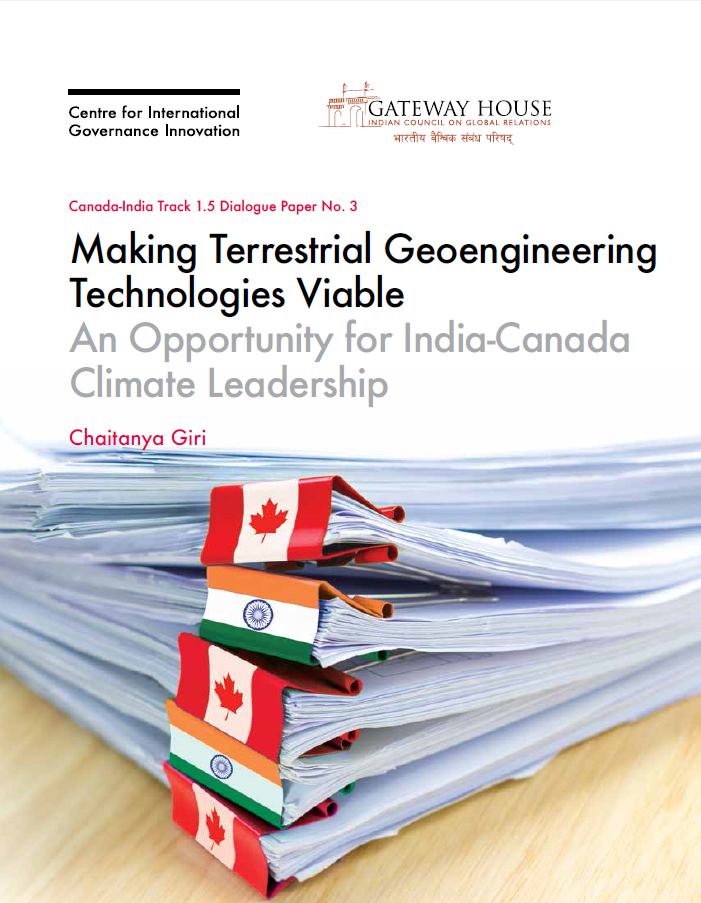 Courtesy: Gateway House & CIGI
Courtesy: Gateway House & CIGI
The use of terrestrial geoengineering techniques, such as carbon capture, is necessary to keep the rise in global temperatures below 1.5 degrees Celsius, as per the Paris Agreement’s targets. Terrestrial geoengineering is different from atmospheric climate engineering: the latter does not remove the very source of the increased greenhouse effect, which are anthropogenic greenhouse gases. India and Canada must collaborate on carbon capture and propose multilateral regulations for unethical atmospheric climate engineering